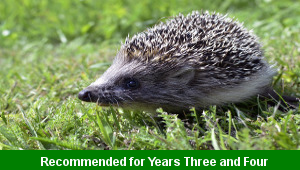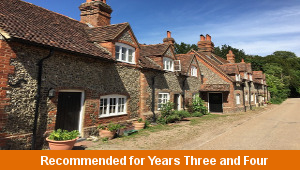Lesson Three – School Recycling

This English teaching pack for Key Stage Two gets the children to investigate how to select and use commas in sentences for a discussion text to present and argue viewpoints for or against a school recycling project.
The class can identify and record a list of arguments for or against the issue before writing sentences using persuasive language to get others to support one viewpoint.
Download this teaching pack including a lesson plan, classroom activities and an interactive presentation to investigate how to select and use commas in sentences for a discussion text to present and argue viewpoints for or against a school recycling project
Activities in this teaching pack include a differentiated set of templates to select and record how to use and punctuate commas in example discussion sentences when adding different phrases and clauses to present viewpoints to argue for or against a school recycling project.
The interactive presentation gets the children to explore how to use commas in discussion sentences to argue for or against a school recycling project.
This lesson is part of an English scheme of work to get the children to investigate opposing viewpoints as presented in the media about environmental issues, explore spellings of words with cial endings and practise punctuating sentences using commas. The class can outline arguments for and against building a wind turbine. There are teaching activities for shared learning, differentiated worksheets to support independent learning and interactive presentations to introduce concepts and key skills.
-

Rounding Hundreds
Explain and model how to round some different numbers to the nearest hundred based on the place values of the digits in each number
-

Rounding Tens
Identify and record how to round some different numbers to the nearest ten based on the place values of the digits in each number
-

Classic Animal Stories
Investigate the structure and content of classic works of fiction by significant authors with animals as the main characters
-

Cities, Towns and Villages
Research and present the history of a range of different buildings and people that are part of the local community using a school exhibition
